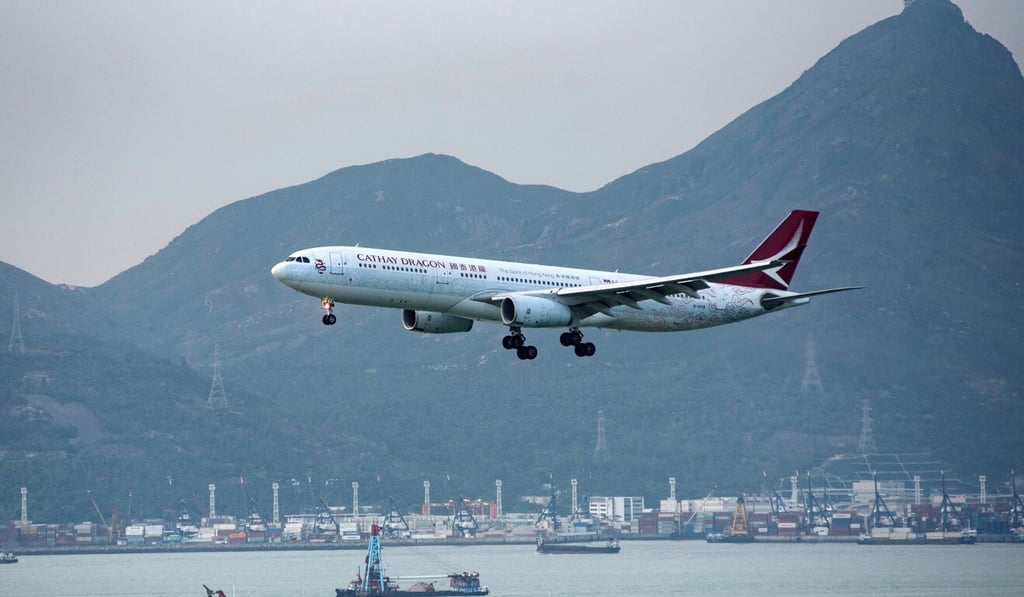Jet-setting dreams grounded by Covid-19 pandemic, but Hong Kong flight attendants take off in new jobs, thanks to ‘priceless soft skills’
- People skills, ability to deal with difficult customers a plus for landing public-facing jobs
- Losing their airline jobs opens new doors for some, while others can’t wait to fly again

Ivy To Wing-ying remembers being on the Cathay Dragon flight last July to Xiamen, in mainland China, as rumours swirled that the airline was about to shut down.
She was a flight attendant on board and, sceptical about the pessimistic talk, did not join in when the other cabin crew posed for photos as keepsakes.
Then the worst happened. In October, Hong Kong’s flagship carrier, Cathay Pacific Airways, axed more than 5,000 jobs in the city and closed its regional sister airline, Cathay Dragon.

“We lost not only our jobs, but also our dreams,” says To, 30, who wanted to be a flight attendant from the time she was a child, and had been at the airline for seven years.
Overnight, she became one of thousands of cabin crew members who lost their jobs as the Covid-19 pandemic halted international travel, causing record losses at airlines everywhere, including Cathay.
Starting over in diverse new fields has been tough for many, but employers say the polish and professionalism from their airline experience have given former cabin crew a leg up in landing new jobs.
